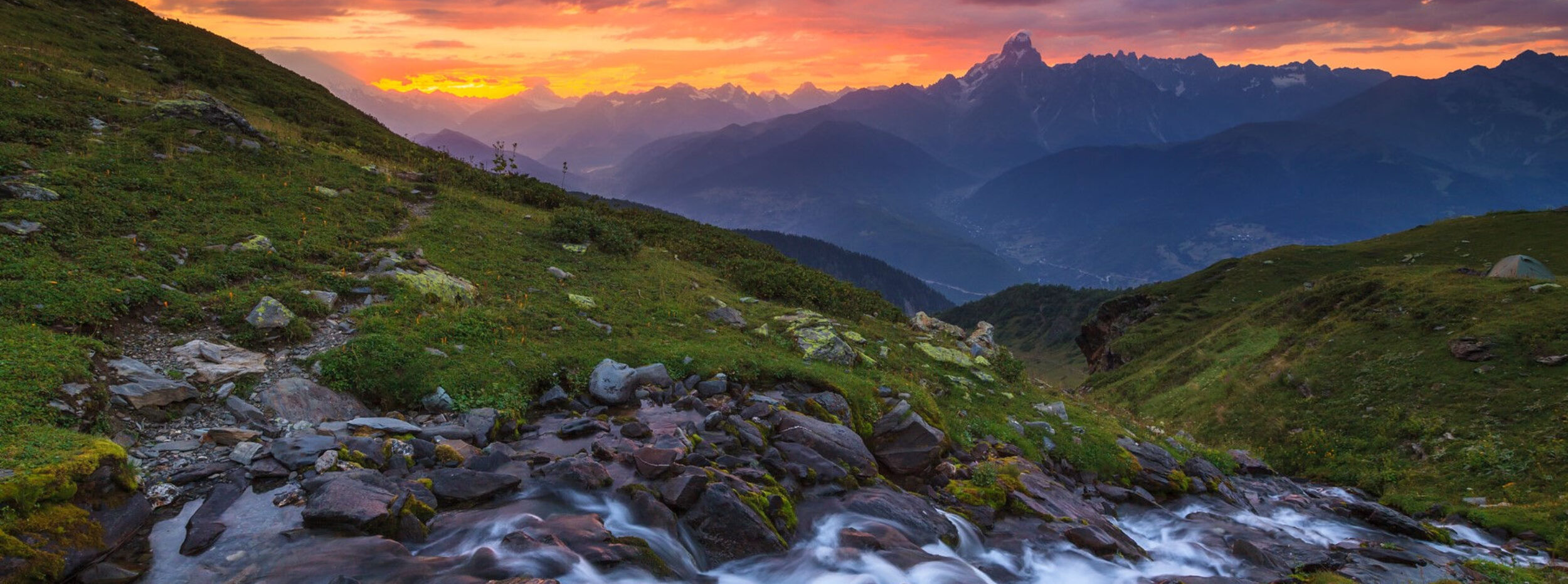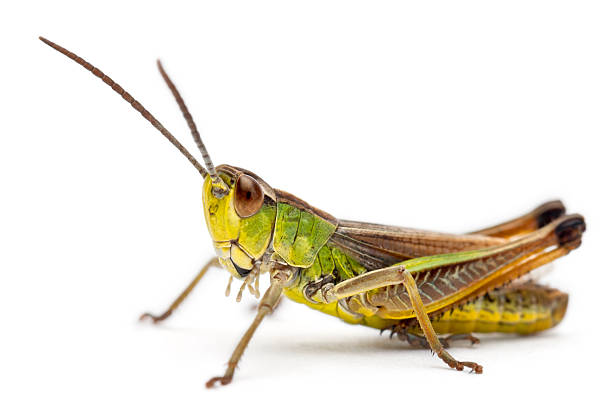Encounters with critters provide the opportunity to reflect on whose life has value and how to use our privilege to create a world where we all belong. Enjoy this 11-minute read / listen, brought to you by the nature right outside (and inside) your door.
I arrived at the office one morning to find a large cardboard box overturned in the middle of the hallway. Our receptionist quickly started explaining, “There was a giant cockroach or something running around. I didn’t want it to jump out and scare a patient. I’ve got the Medical Assistant on the phone telling me how I can kill it.” Our phlebotomist was in the back room, eyes wide in fear and lip curled in disgust. “I’m so creeped out – I can’t go out there!”
As Office Manager, it’s my job to resolve crises like these. And despite my blazer and trousers, my wild hair gives away my tree-hugging heart. Hearing the threat of murder meant I needed to act quickly, but also with a confidence that would inspire my teammates to put down their weapons and let me take the lead. My mind flashed back to my mom’s way of dealing with spiders. Whatever was in that box was already contained. Now I just needed something rigid to slip underneath so it could be transported to safety.
I found a thick file folder and calmly strode over to the box. I lifted it slightly and gently slid the folder underneath, sure to secure the perimeter without pinching any tiny legs. I was prepared for the frenzied scuttling of a hollow, armored body against the cardboard, but it was silent. Once I got the box flipped, I hazarded a peak inside. There in the folds of brown paper that filled this repurposed shipping box was a tiny cricket, wedged in deep and clearly terrified.
I escorted him/her outside triumphantly, proud of having saved their literal life and the perceived life of my teammates, and dropped them unceremoniously in a bush out by the canal. I always wonder in those moments how long it will take to revive itself, if a predator will find it in the meantime, and if it’s anywhere near anything it can eat. An insect’s life is short and full of peril no matter where it is. But at least there was no unnecessary violence on my watch. And I hoped my teammates may have gained an ounce of compassion or at least curiosity in the process.
A few days later, I was sharing with my sponsor about the baby spiders who had hatched in my apartment, and how heart-breaking it was that one kept building its web on my pile of books. I put off journaling as long as I could, but eventually, I had to break the web to do my writing. I suppose there was a judgment there. I was putting my need to process over its need to get food, but it was also about sharing. I put off tuning my guitar because its sibling had chosen a more convenient spot near my pile of picks and I can go several days without playing. I’m only willing to compromise so much.
That little spider rebuilt its web every day for four days. Each day, I broke the web and it just hung there for a moment of resignation before getting back to work. The fifth day, it literally stomped off, making a b-line along the perimeter of my book and disappearing forever. I could almost hear it shout in its tiny voice, “F this sh#*; I’m outta here!”
I felt a slight relief over the end of our boundary stalemate, but mostly a sense of sadness and guilt. I was really rooting for it. I wanted it to find another, better spot, not leave my life completely! I would miss seeing it. And I felt a painful pang of realization that what had played out between us is what’s been playing out between humans and animals of all sizes for thousands of years. The animals always lose. And it’s not fair.
I told my sponsor about this interaction and she immediately exclaimed, “Spiders?! Get rid of them – they can bite you!” I calmly explained that they have lived here long before I have and so the least I can do is share the space with them. And she admitted she couldn’t disagree with that.
In our culture, animals are considered alive because they are moving, not because – as Derrick Jensen puts it – their lives matter to them as much as mine does to me and yours does to you. Even if we form an attachment with a pet or a familiar wild animal, the relationship is still on our terms. We move the napping cat when we want to sit on the couch. We shout at the dog when it’s barking. We get a fancy bird feeder that attracts the birds we like, but not the squirrels we don’t. In this way, we’re acting like all creatures do – using our innate abilities to shape the world to our liking. There’s nothing inherently wrong with that, just like there’s nothing wrong with preferring to hang out with people who knit instead of those who are into rugby.
The problem comes when we have the power and inclination to commit genocide. Healthy, mature adults are horrified by hate crimes, but will still hunt for sport, set mouse traps, and gas wasp nests. These seemingly defensible acts taken for our own pleasure and convenience are morally reprehensible when seen in the context of global destruction of habitat and species extinction. If we have a clear choice to take a more thoughtful and considerate course of action, why not do so?
Our privilege requires our awareness and action in defense of what is vulnerable. We cannot prevent ourselves from benefitting from the system as a whole, but we can approach the tangible encounters in our lives – like crickets in our office and spiders on our bookshelf – with more curiosity, humility, and compassion.
I don’t think nature is something we can be into or not into. It’s not like whether or not we like football or crème brule. It’s not a hobby or an ice cream flavor to choose.
If someone says, “I don’t like people”, we immediately wonder (or we should), “What’s wrong with them? How have they been hurt? Are they safe for me to be around?” Although we may feel an initial sense of comradery – “Man, I don’t like people either!” – this probably isn’t a person you can build a lasting friendship with simply because they don’t like people and you are a person.
If someone says they don’t like nature – they don’t like going into the woods or watching nature shows or even thinking about it, I immediately think, “What’s wrong with them? How have they been hurt? Will they harm the ones I care about?” I know a lot of people haven’t had the opportunity to connect with nature, so it’s natural they feel uncomfortable there. But it’s amazing to me that people who advocate for social justice can show a blind eye or even disgust towards other species and natural processes. If you really care about others’ quality of life, why should the type of body they inhabit make a difference?
How much we feel connected to and even aware of nature is a measure of the overall health of our hearts. When we feel safe, we naturally feel curious and compassionate towards others. And the degree of our safety determines how far our compassion extends – beyond our families to strangers, other cultures, other species, and even to seemingly inanimate objects. I close my front door with the same degree of care as I pet my neighborhood cat’s sweet little head because I like being in a world that is considerate and gentle.
But when I feel threatened or overwhelmed, I want to be alone. I want to shut out the world so I’m not at the mercy of any more roughness. I don’t want to talk to friends and I even close my curtains so I can’t see the beautiful hills. Letting anything in feels painful. I wait to fill up with the comfortable safety of my own presence until I feel able to start opening up to those who feel safest to me.
Those I consider my closest kin may not be the most obvious. I’m often able to talk to the moon before I’m able to talk to any humans. And I find I can do quite well without close friends so long as I have a little green space somewhere nearby that I can visit regularly. This is because when I was growing up, I had the chance to connect with nature and feel safe there when human relationships were more challenging. And I know that for many people, nature was a place that was foreign or unsafe, and they found their connection elsewhere.
Regardless of our personal experiences and preferences, it’s in our nature to be at home in and nourished by a world of many, many species. That’s where we evolved and where we find the rhythms that still govern our lives even if we are unaware of the wind, water, and host of microbes traveling through and sustaining us.
Finding who we love may have been reduced in our culture to a romantic quest, but that longing in our human hearts is much, much broader than that. We long to meet, come to know, and be captivated by sunlight and fuzzy bees and waterfalls and falcons and prairie dog burrows as much as we do by the members of our own tribe. If we recoil from nature it is because we recoil from being in relationship with the “other” in the world as well as with the parts of ourselves that we’ve been taught are unsightly or uncivilized.
I do not pretend to be more healed or more enlightened than others because I feel deep compassion for other species. I accept it as a sign of my trauma that I prefer their company over that of most other humans and that I generally feel awkward and guarded around people. I’ve learned that their temperament and interests are quite different from mine, so I’ve developed coping strategies.
But I build up the relationships that feel safe to me so I can expand my heart into those that do not because I believe that’s the right thing to do. Where ever we find our loves and our tribe, our work is to expand ourselves to include more until our sense of kinship includes everything on this planet. Because only then will all of us feel whole and truly at home.
Nancy



Yep, I am a trap and release guy from way back. The old post card under a cup trick. 🙂